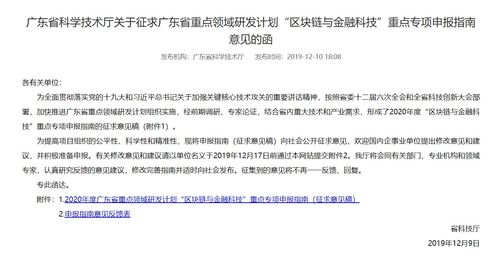区块链 教育
```html
Educational Authority's Commentary on Blockchain
Blockchain technology has emerged as a disruptive force across various industries, including education. The Educational Authority recognizes the potential of blockchain to revolutionize certain aspects of the education sector, offering transparency, security, and efficiency. In this commentary, we delve into the implications and applications of blockchain in education.
One of the most promising applications of blockchain in education is credential verification. Traditional methods of verifying academic credentials are often cumbersome and prone to fraud. By leveraging blockchain, educational institutions can issue tamperproof digital certificates, diplomas, and transcripts. These credentials are securely stored on the blockchain, providing employers and academic institutions with a reliable means of verifying an individual's educational achievements.

Blockchain technology offers a decentralized and immutable ledger for storing academic records. This can streamline administrative processes related to recordkeeping, such as course enrollment, grades, and degree progress. With blockchain, students have greater control over their academic records, and institutions can ensure data integrity and security.
Blockchainenabled smart contracts can facilitate micropayments and royalties for educational content creators. Teachers, researchers, and authors can receive fair compensation for their contributions to educational materials, such as textbooks, online courses, and academic publications. This incentivizes the production of highquality educational content and promotes knowledge sharing within the academic community.
Blockchain technology can support lifelong learning initiatives by providing a verifiable record of continuous education and professional development. Individuals can earn microcredentials and badges for completing short courses, workshops, or skill assessments. These credentials are stored on the blockchain, allowing employers and educational institutions to recognize and validate an individual's evolving skill set.
While blockchain holds tremendous promise for the education sector, there are several challenges and considerations to address:
- Scalability: Blockchain networks must be capable of handling large volumes of transactions to support widespread adoption in education.
- Interoperability: Standards and protocols are needed to ensure interoperability between different blockchain platforms and educational systems.
- Privacy and Data Protection: Safeguarding sensitive student information while maintaining transparency and auditability is essential.
- Education and Adoption: Stakeholders, including educators, administrators, and students, require education and training to understand the benefits and implications of blockchain technology.
Blockchain technology has the potential to transform various aspects of education, from credential verification to academic record management and lifelong learning. The Educational Authority recognizes the importance of embracing blockchain innovations to enhance transparency, efficiency, and trust within the education sector. By addressing challenges and fostering collaboration, we can harness the full potential of blockchain to create a more inclusive and accessible educational landscape.
